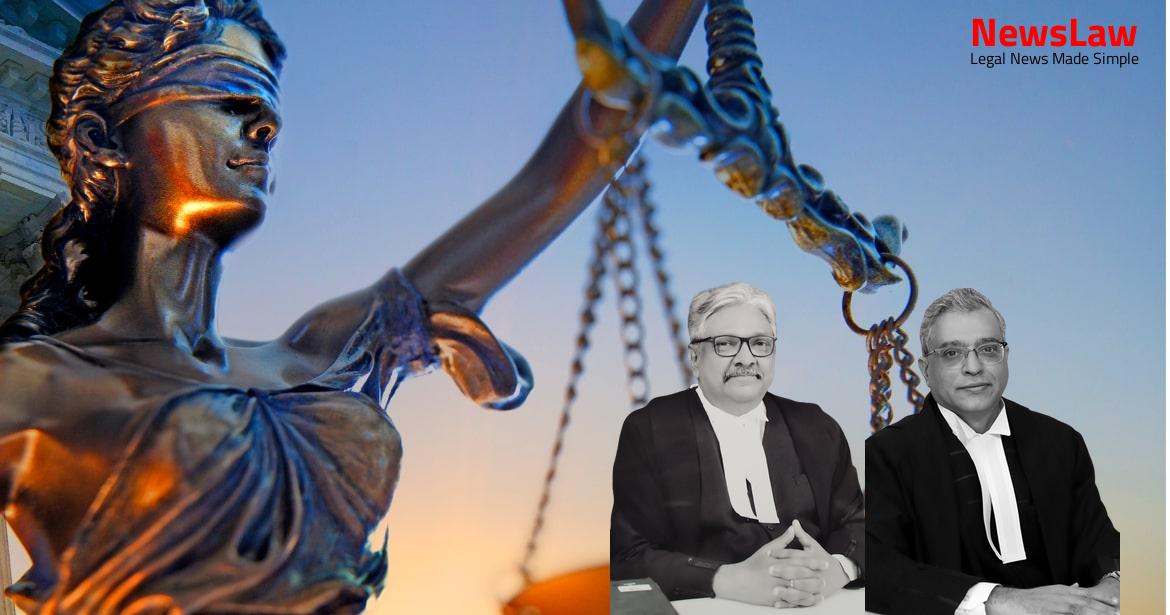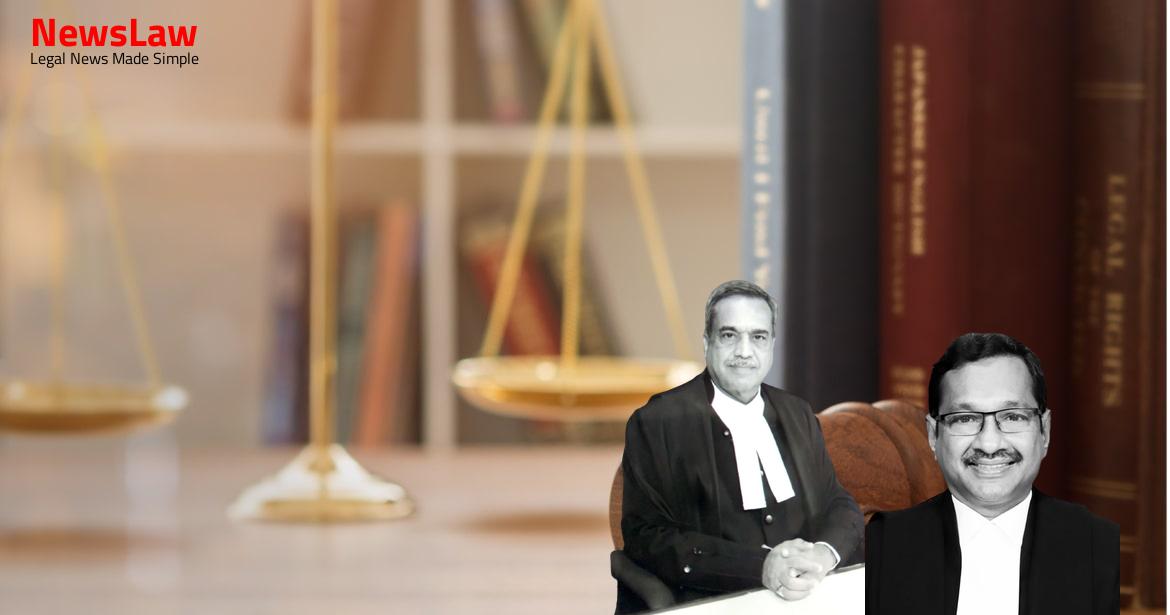In a significant legal development, the Supreme Court has addressed the issue of equal treatment in admission criteria for teacher training courses. The case revolves around the disparity faced by students like Ankul Singhal and Rakesh Gaur, who were admitted in the academic session 2009-10 based on different criteria. The Court’s ruling emphasizes fairness and non-discrimination within a homogeneous group of students. Let’s delve into the implications of this important judgment!
Facts
- The respondent deposited the necessary fee on 07.07.2009.
- The National Teachers Education Council issued notifications regarding minimum percentage requirements for candidates applying for teachers training courses.
- Candidates admitted after the first round of counseling with less than 50% marks in graduation could be eligible for the post, creating disparity.
- The respondent, with 49.61% marks in graduation, was not eligible for the post despite being admitted through the same process.
- The appellant fulfilled the criteria of having 45% marks at the graduation level and obtained admission in the course.
- The High Court of Rajasthan, Jodhpur allowed the case of Rakesh Gaur by relying on a Division Bench judgment in Ankul Singhal.
- Rakesh Gaur had taken admission after the appellant Ankul Singhal.
- An interim order directing appointment of Ankul Singhal was passed based on NCTE notification of 13.11.2019.
- However, Ankul Singhal’s appeal was dismissed on 27.04.2022 citing D.B. Civil Special Appeal (Writ) No. 1205 of 2019 (Dinesh Chandra Damor vs State of Rajasthan).
Also Read: Landmark Judgment in Prem Prakash Bail Application Case
Arguments
- The appellants in Neeraj Kumar Rai case relied on judgments from Rajasthan and Uttarakhand High Courts.
- They argued that if admission to B.Ed. course was obtained before minimum qualifying marks were prescribed by NCTE, then minimum qualifying marks in graduation should not be insisted.
- The learned Additional Solicitor General agreed that the appellants should be treated equally as per the relief granted by the Rajasthan and Uttarakhand High Courts.
- In State of Rajasthan vs Ankul Singhal case, the Division Bench dismissed the appeal of the State regarding admission initiated in April 2009.
Also Read: Unified Sureties: Balancing Legal Requirements and Practical Challenges
Analysis
- The Division Bench was criticized for applying the case of Dinesh Chandra Damor instead of Ankul Singhal and Rakesh Gaur to the facts of the case.
- It was noted that the admission of the appellant in the course related back to the date of admission after the first round of counseling which occurred before 31.08.2009.
- The appellant’s case was compared to Rakesh Gaur, who had taken admission in a similar timeframe.
- The issue of absurd classification within a homogeneous group of students admitted in the academic session 2009-10 was highlighted.
- There was emphasis on not discriminating among students in the same academic session based on their admission rounds or graduation marks.
- The appellant’s absence in the provisional list of selected candidates despite scoring above the cut-off marks was also noted.
- A comparison was made with the case of Dinesh Chandra Damor in terms of admission timing.
- Rakesh Gaur (supra) and the appellant were in identical situations.
- The relief given to Rakesh Gaur in a similar case set the precedent for the appellant’s case.
- The principle of ‘What is sauce for the goose should be sauce for the gander too’ was applied in granting relief to the appellant.
Also Read: Judgment Summary: Case of Illegal Gratification and Obstruction of Public Servant
Decision
- Fitment of pay shall be granted to the appellant.
- The appellant shall not be entitled to any back wages except for the period he actually worked.
- Orders to be passed within four weeks.
- Appeal allowed, setting aside the impugned judgment of the High Court dated 04.2022.
- The appellant’s appointment to be treated as regular, with consequential benefits to be granted.
Case Title: MANILAL Vs. THE STATE OF RAJASTHAN (2024 INSC 675)
Case Number: SLP(C) No.-013835 – 2022



